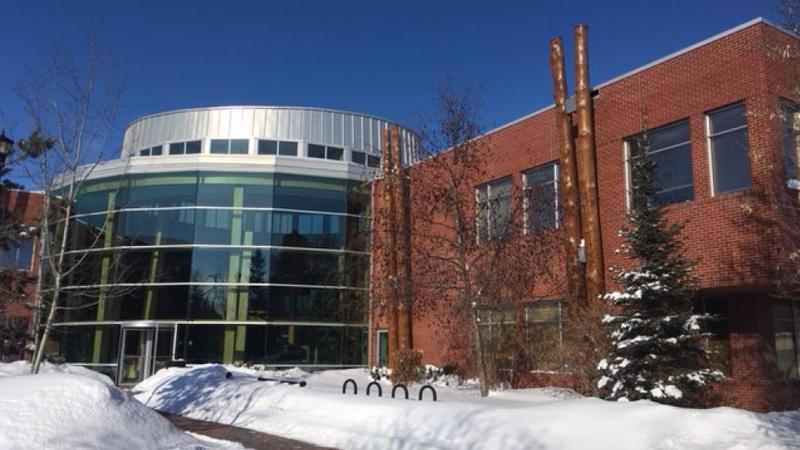
Faculty at U of S College of Nursing votes no-confidence in executive
Last Friday, the College of Nursing of the University of Saskatchewan, presented a motion of no-confidence in the executive team, claiming the college has been critically underfunded and the quality of nursing education compromised.
The vote passed with 67.1 per cent of faculty members in favour, 26.3 per cent against, and five members were absent.
According to a release from faculty at the College of Nursing, the vote followed numerous attempts to work collaboratively with the executive team on funding and governance issues that have been exacerbated over the past several years.
“Recent attempts to critique the actions of the executive team were met with outright threats of repercussions to individual faculty from the provost, in an effort to intimidate and bully the College of Nursing faculty,” the release stated.


